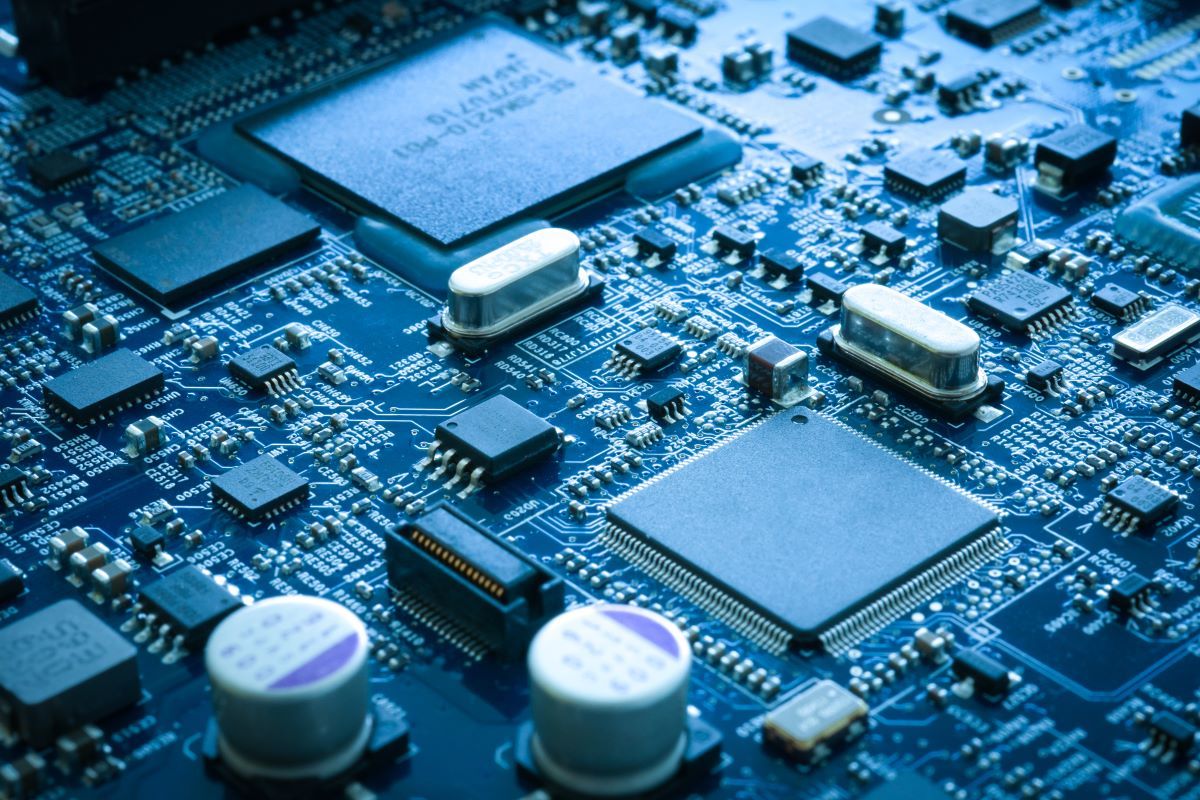In what could be termed as an act of retaliation, China has launched a cybersecurity probe into US memory chip maker Micron Technology, the newest company to get caught in the crosshairs in the ongoing US-China chip war. This is the first time Beijing has taken any direct action after the US imposed export controls on semiconductors and chip machinery in China.
The Cyberspace Administration of China in a statement said it will review imports of the US firm Micron to ensure that its networks are secure and prevent any risks. Micron is the largest memory chip maker in the US and is a competitor of Yangtze Memory Technologies Corp, which was added to the US blacklist last year.
Yangtze is China’s top memory chip maker and has been hit by the export control of the US, making it difficult for the company to access high-end manufacturing tools for its memory chips. It is also one of the few companies in China which have top-end technology, but may now fall behind due to the US sanctions, pushing it out of the 3D-NAND market by 2024, as per TrendForce Corp.
Micron dragged into US-China chip war
In response to the cybersecurity probe, Micron said, “We are in communication with the CAC and are cooperating fully,” claiming that the security of its products is robust. “Micron’s product shipments, engineering, manufacturing, sales and other functions are operating as normal.”
The US-based firm was expecting such retaliation and had previously said that the Chinese government “may restrict us from participating in the China market”.
But how big is Micron’s presence in China? Nearly 11% of the company’s revenue for the year ended September came from companies based in mainland China, whereas companies in Hong Kong accounted for another 5% of the revenue. Moreover, being a manufacturing hub of the world, it is likely there are other companies which use Micron chips and sell their products in China.
The company’s first manufacturing base in China opened in 2006, and it currently has about 3,000 employees across the country working in customer service, sales and engineering. Micron has branch offices in Beijing and Shenzhen and a chip design centre in Shanghai. Even before the US-China chip war escalated, Micron had planned to shut down its DRAM design operations in Shanghai by the end of 2022.
Impact on mainland chipmakers
The US chip export controls, joined in now by Netherlands and Japan, are forcing China to become self-dependent in the semiconductor manufacturing space. The news of the Micron probe helped Chinese chipmaker stocks to jump, as investors are betting that the country’s push on being self-reliant will help domestic chip firms.
South China Morning Post reported that the CNI Chip Index, which tracks semiconductor firms in Shanghai and Shenzhen, was up 5.2% on April 3 after the CAC announced its probe. China’s top chipmaker Semiconductor Manufacturing International Corporation (SMIC) rose 7.5%, while Hua Hong Semiconductors was up 5.8%. Meanwhile, CPU maker Ingenic Semiconductors jumped 12.7% in Shenzhen, while Advanced Micro-Fabrication Equipment was up 11.1%.
“Despite the bleak short-term outlook, some industry experts – even in the US – warn that the latest proposed restrictions (on direct investments from the US to China) might not hold back China’s microchip technology for long. Most Chinese tech systems rely on locally made, less sophisticated microchips – products that US export controls do not cover,” writes Chi Lo, Senior Market Strategist APACT at BNP Paribas Asset Management.
“Furthermore, if China needs cutting-edge semiconductors to further its development of AI, 5G and quantum technology, it is technically capable of producing them; it only lacks the commercial capability to scale up production.”


 Australia
Australia China
China India
India Indonesia
Indonesia Japan
Japan Malaysia
Malaysia Philippines
Philippines Singapore
Singapore South Korea
South Korea Taiwan
Taiwan Thailand
Thailand Vietnam
Vietnam







